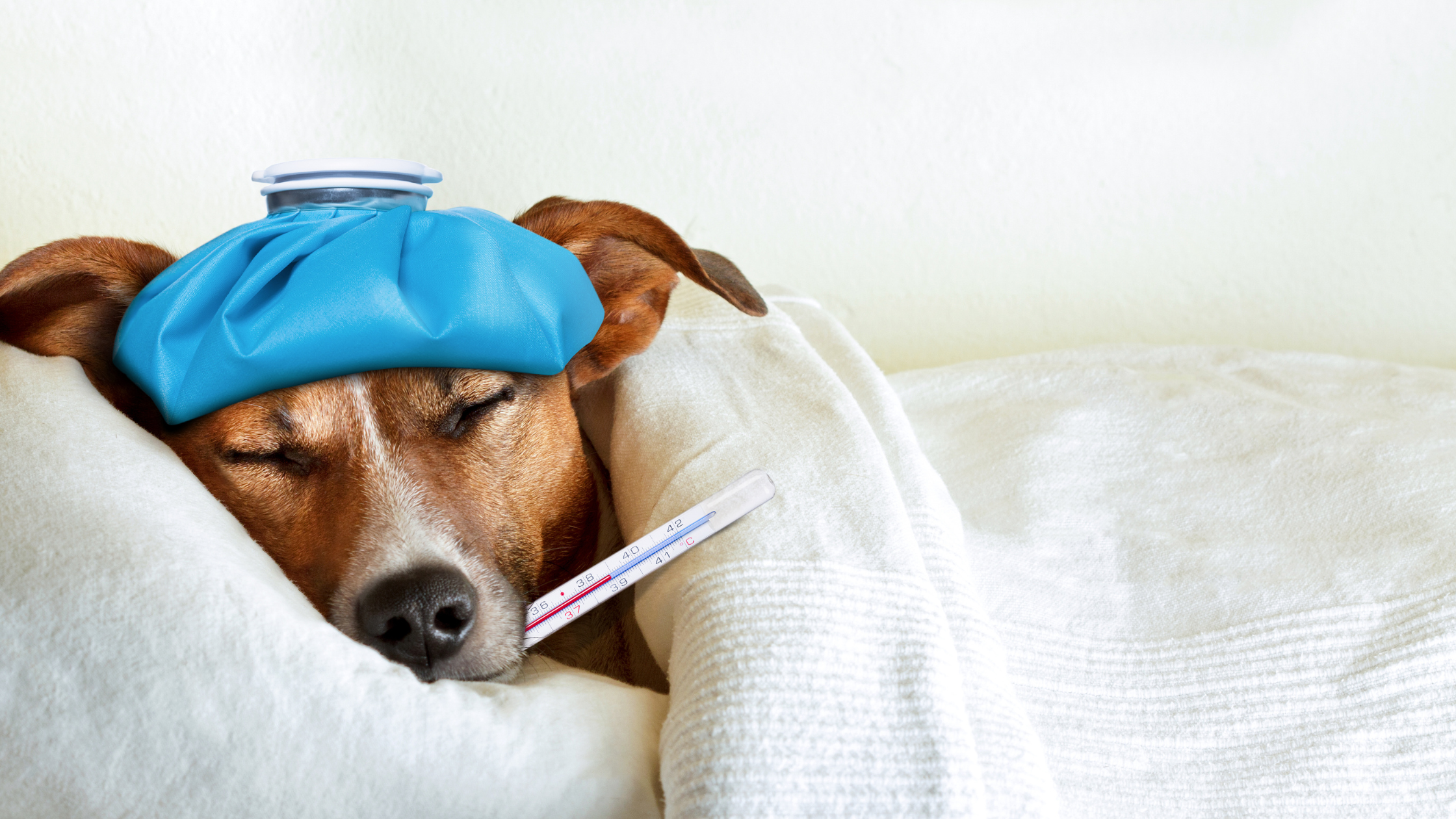
Oodles — those adorable poodle crosses like Cavoodles, Labradoodles, Groodles, and Spoodles — have stolen the hearts of Australian dog lovers. With their intelligent personalities, teddy bear faces and low-shedding coats, it’s easy to see why they’re among the most popular breeds down under.
But while oodles are delightful companions, like all dog breeds, they come with their own set of health challenges. As an owner, being aware of these potential issues can help you catch problems early and give your furry friend the best chance at a happy, healthy life.
Here are the 7 most common health problems in oodles that every Australian dog owner should know about:
- Hip Dysplasia
What it is:
A genetic condition where the hip joint doesn’t develop properly, leading to arthritis and mobility issues.
Why it’s common in oodles:
Many oodle breeds are medium to large dogs (like Labradoodles and Groodles) with fast growth rates, increasing the risk.
Signs to watch for:
- Stiffness or limping
- Difficulty getting up
- Reluctance to exercise
Note:
Reputable Australian breeders often screen breeding dogs for hip scores through schemes like the AVA-ANKC Canine Hip & Elbow Dysplasia Scheme (CHEDS). Always ask your breeder for these certificates.
2. Patella Luxation
What it is:
A condition where the kneecap slips out of place, causing pain and lameness.
Why it’s common in oodles:
Smaller oodles, such as Cavoodles and Spoodles, are particularly prone.
Signs to watch for:
- Sudden skipping or hopping on one leg
- Limping after activity
- Yelping when touched
Treatment options:
Mild cases can be managed with physiotherapy, while severe cases may require surgery.
3. Ear Infections
What it is:
Painful bacterial or yeast infections in the ear canal, often due to moisture and hair build-up.
Why it’s common in oodles:
Their floppy ears and dense, curly ear hair trap moisture — perfect for infections.
Signs to watch for:
- Scratching or pawing at ears
- Head shaking
- Bad odour from ears
Prevention tips:
Regular ear cleaning and grooming can help. Many Aussie groomers recommend a clean every 2–4 weeks, especially during humid seasons.
4. Allergies (Skin & Food)
What it is:
Immune overreactions to environmental triggers (pollen, grass, dust mites) or food proteins.
Why it’s common in oodles:
Oodles often inherit sensitive skin and stomachs from their poodle lineage.
Signs to watch for:
- Red, itchy skin
- Recurring ear infections
- Digestive upsets
Tip: Allergy testing is available at most Australian vet clinics, and brands like Ivory Coat and Black Hawk Grain Free offer allergy-friendly dog food options.
5. Progressive Retinal Atrophy (PRA)
What it is:
An inherited eye disease that leads to blindness.
Why it’s common in oodles:
It’s prevalent in poodles and their crosses.
Signs to watch for:
- Bumping into objects
- Hesitation in low light
- Dilated pupils
Note: Good breeders DNA test breeding dogs through services like Orivet Genetic Pet Care or Animal Health Australia to avoid passing this on.
6. Epilepsy
What it is:
A neurological disorder causing seizures.
Why it’s common in oodles:
Seizures can be inherited, particularly in Labradoodles.
Signs to watch for:
- Sudden collapse
- Muscle twitching
- Drooling or loss of consciousness
Treatment:
Lifelong medication can manage seizures in many cases. Vets in Australia commonly use medications like Phenobarbital or Potassium Bromide.
7. Dental Disease
What it is:
Build-up of tartar and bacteria leading to gum disease, tooth loss, and infections.
Why it’s common in oodles:
Smaller oodles (Cavoodles, Toy Labradoodles) have crowded teeth in a small jaw, increasing plaque build-up.
Signs to watch for:
- Bad breath
- Discoloured teeth
- Dropping food while eating
Prevention tips:
Regular professional dental cleans and daily tooth brushing are recommended.
Oodles are wonderful companions, but like any beloved family member, they need attentive care. By knowing what health issues to look out for, you can catch problems early and give your pooch the best possible quality of life.
Pro tip: If you’re buying a puppy, always ask your breeder about genetic health testing for conditions like hip dysplasia and PRA. And if adopting, be sure to discuss known health history with the rescue